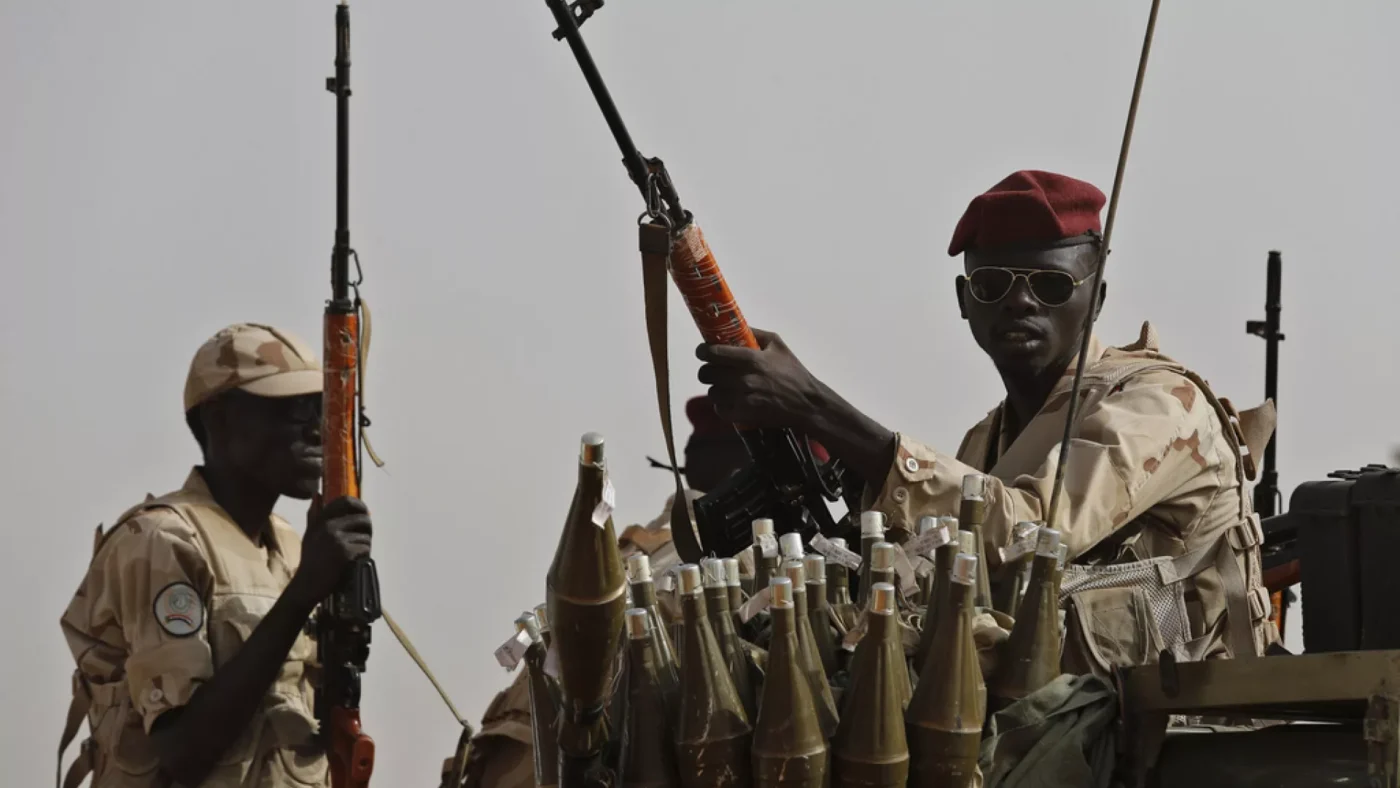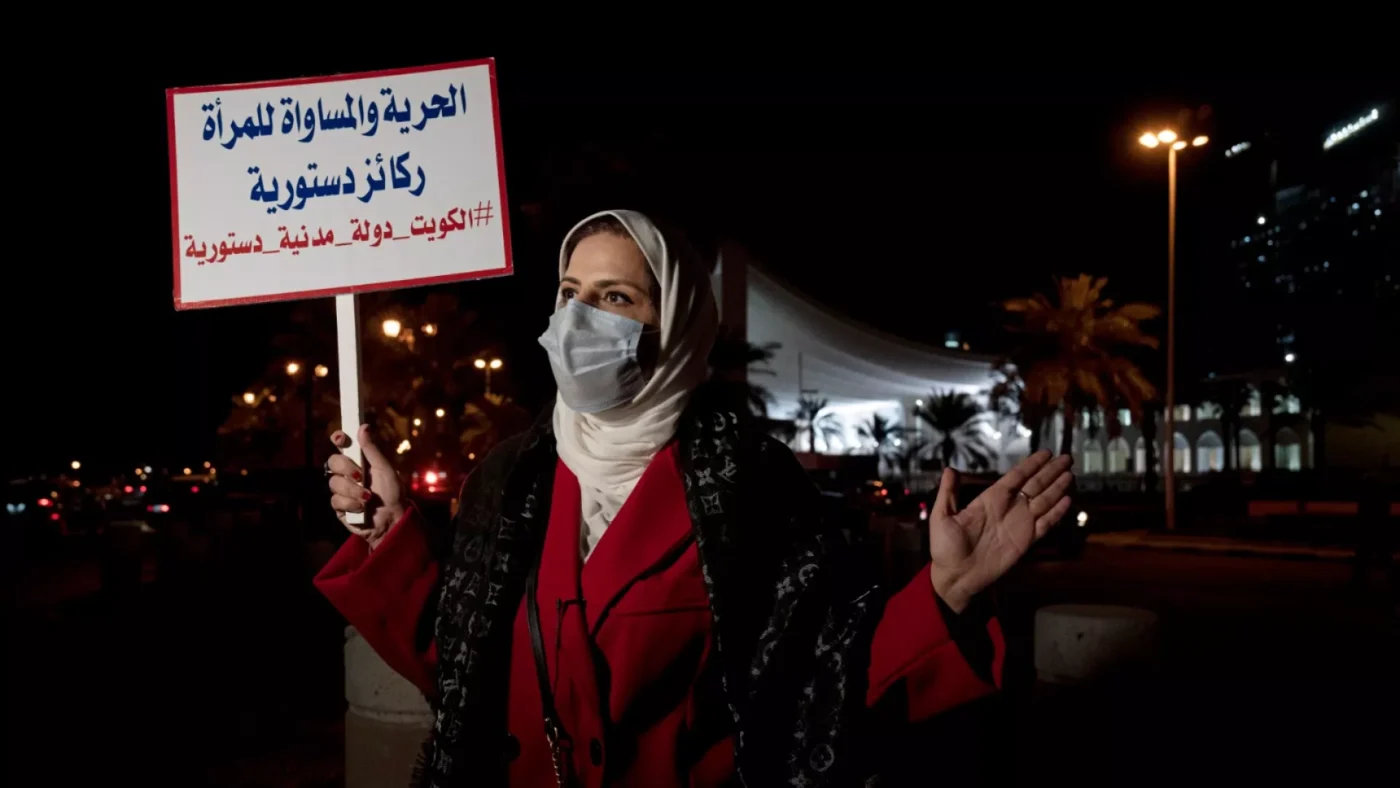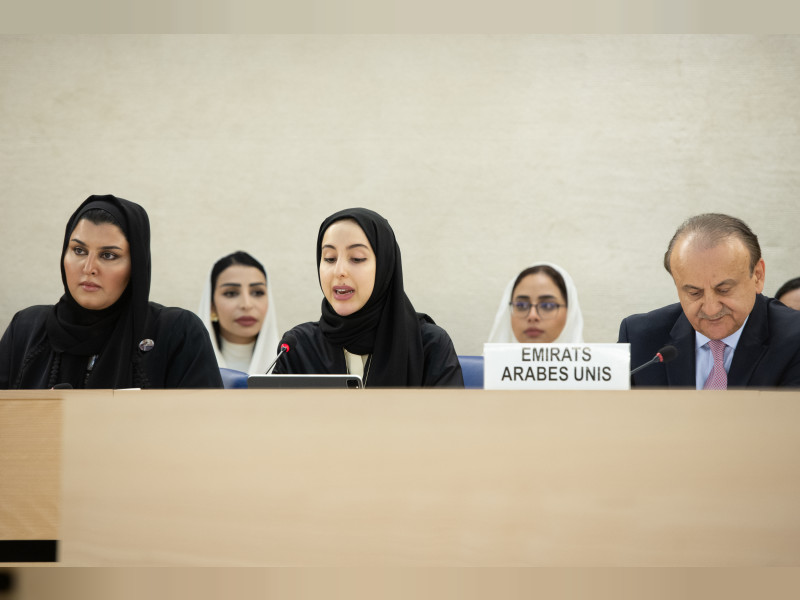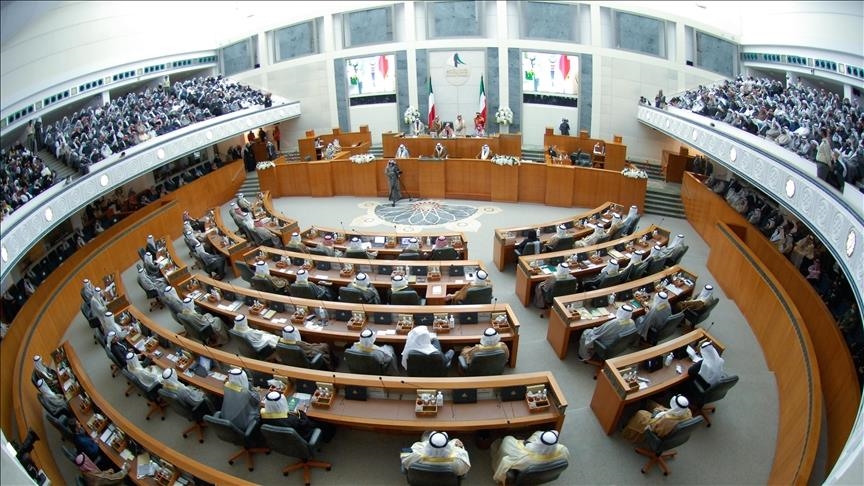The United Arab Emirates (UAE) has recently launched an extensive campaign to silence opposition, marked by a stark disregard for justice and human rights. This crackdown includes a series of arrests, summonses, and deportations targeting individuals who criticize Israel’s actions in Gaza, blatantly violating the right to freedom of speech. This disturbing trend continues the[…]
The ongoing civil war in Sudan, characterised by relentless violence and humanitarian crises, has been significantly exacerbated by the covert intervention of the United Arab Emirates (UAE). Operating under the pretext of humanitarian aid for refugees, the UAE has been secretly supporting one faction in the conflict. This includes providing advanced weaponry and drones, intensifying[…]
The women’s rights situation in Kuwait is similar to that of other Gulf Cooperation Council (GCC) countries, where the male guardianship system limits women’s autonomy to make decisions about their lives. Discrimination against women in Kuwait is well reflected in the country’s two personal status laws (PSLs) codified in 1984 and 2019. Laws that regulate[…]
Fourth Cycle UPR Overview During the fourth Universal Periodic Review (UPR) cycle of the United Arab Emirates (UAE), numerous recommendations were made by states urging human rights reforms across various thematic areas, especially freedom of expression, death penalty, torture, independence of the judiciary and fair trial. In total, 323 recommendations were presented to the State[…]
Kuwait has been known to be the most democratic country in the Middle East. Article 6 of its constitution states that the “system of government shall be democratic, under which sovereignty resides with the people”. However, in the last decade, there have been several dissolutions of the parliament, which have led to numerous elections. Since[…]









